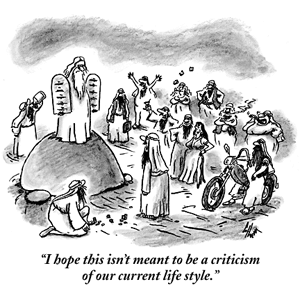Nice title by Inside Higher Ed, wouldn’t you say? The case is interesting and important although apparently the ruling “is not binding in areas other than the Seventh Circuit.” (That doesn’t quite make sense to me, it is the Supreme Court that is upholding the appeals court after all.) The story is fairly simple.
A 2-to-1 ruling by the appeals court in that circuit last year took away the right of Wisconsin, and potentially other public colleges and universities, to support some student activities while denying funds to organizations for worship services, proselytizing, or other activities that explicitly involve the practice of religion. Wisconsins rules permitted the funding of many activities organized and run by religious student groups. But the rules barred activities related to prayer or proselytizing. Among the activities that Wisconsin told a Roman Catholic group could not be financed leading to the litigation were summer training camps with Roman Catholic Masses, a program to bring nuns to campus to help students determine if they have the calling to be priests, and the distribution of Rosary booklets.
The majority opinion from the appeals court said that once a state university supports student activities that involve leadership development or counseling, it cant exclude some activities simply because they are religious in nature.
via News: Religion Financed With Student Fees – Inside Higher Ed.
Still, I am not convinced that this is an unalloyed good. If the university is being completely even handed and supporting all groups equally that is appropriate, but is it really in the best interests of either the student groups or the institution to be in a financial relationship?
I would add one further wrinkle and challenge IHE’s title just a bit. If we ask the question a different why does our view change? The student fees are not going to “finance religion,” they are going to support students who are in some way religious. Does that perspective make a difference? Perhaps.





2 thoughts on ““Religion Financed With Student Fees” – Inside Higher Ed”
Are there any “unalloyed goods”?
Pontificating from ignorance, I would expect that Wisconsin already had Muslim organizations funded under the guise of being cultural rather than religious. It is also difficult to imagine how atheism would function without government financing and legal coercion.
I believe you should threath groups equally, but not giving all groups the same money, look at their ideas, what it is worth, what will it improve etc..